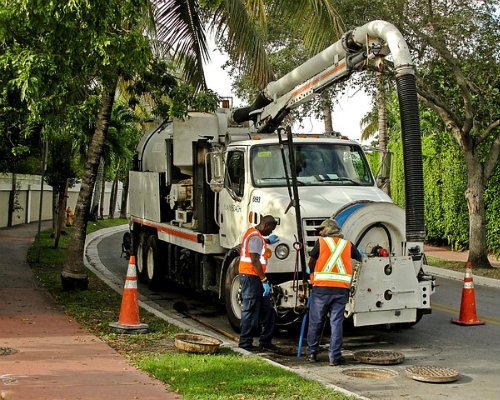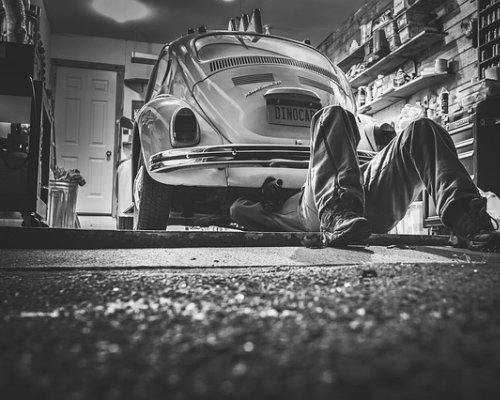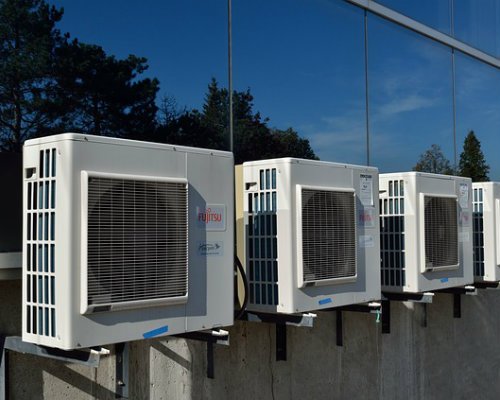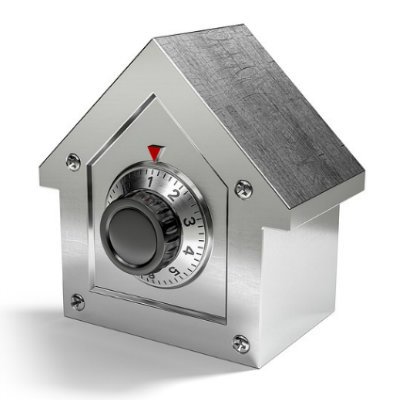When it comes to plumbing and sewage, many homeowners take the “out of sight, out of mind” approach. Yet this can lead to some really big problems. Today we want to focus on your main sewer line, maybe not the prettiest part of your property, but it’s certainly important.
Your sewer line is one of the most important parts of your property. And if problems arise, it could not only lead to expensive repairs, but also expose your family to contaminated water. Ensure your home is in good working order and keep your loved ones out of harm’s way by familiarizing yourself with the warning signs of a sewer line clog.
Common Sewer Line Red Flags
Keeping an eye on these common problems can make a huge difference in damage control.
Have you noticed any of these problems in your home?
1. Slow Draining
The occasional clog in your bath, toilet, or sink is normal and will happen, but if ALL of your drains seem to be slow or clogged that could be indicative of a bigger problem.
Pay close attention to slow draining toilets, they are one of the main red flags. Other signs may be water backing up in the toilet or gurgling sounds coming from your drains.
2. Wet Yard
All the waste water that isn’t making it through the main sewer line has to go somewhere else, and unfortunately that place will likely be your yard. Check for wet patches during dry weather periods which may be signs of a partial blockage.
3. Unpleasant Smells
These unmissable odors in or near your home are a sure sign of a main sewer line problem. If you notice this, don’t wait to contact an expert — or you could find yourself in a position you won’t like.
4. Tree Roots
This isn’t so much a red flag as it is a warning: if you’re in an older home you’re more likely to experience sewage blockages due to tree roots. Which is why keeping an eye out for the other warning signs can help you address a problem before it gets worse.
The good news is that tree roots can be removed before they cause a complete blockage.
5. Blocked Clean out Drain
Have you ever noticed a circular plastic or concrete lid near your home? Usually it says “clean out”, this would be your clean out drain. Regularly checking this area by lifting the cap and looking for standing water can save you from the troubles of a blocked sewage line.
What You Can Do If You Have a Sewer Emergency
If you come across any of these red flags, the smartest thing you can do is to immediately turn off your main water supply (typically in a basement/crawl space, a garage, or an area near your water heater).
If you’re not sure where it’s located, your home inspector could assist! After shutting off the water, you’ll want to call in a certified plumbing professional.
The earlier you can find a sewer line clog or breakage, the more in-control you’ll be of this costly problem. We hope these tips will help you as you try to maintain a safe and healthy home.
If you’re concerned about other areas of your home or are overdue for your yearly inspection — we can help!
Schedule your home inspection here with our easy online scheduling tool.





